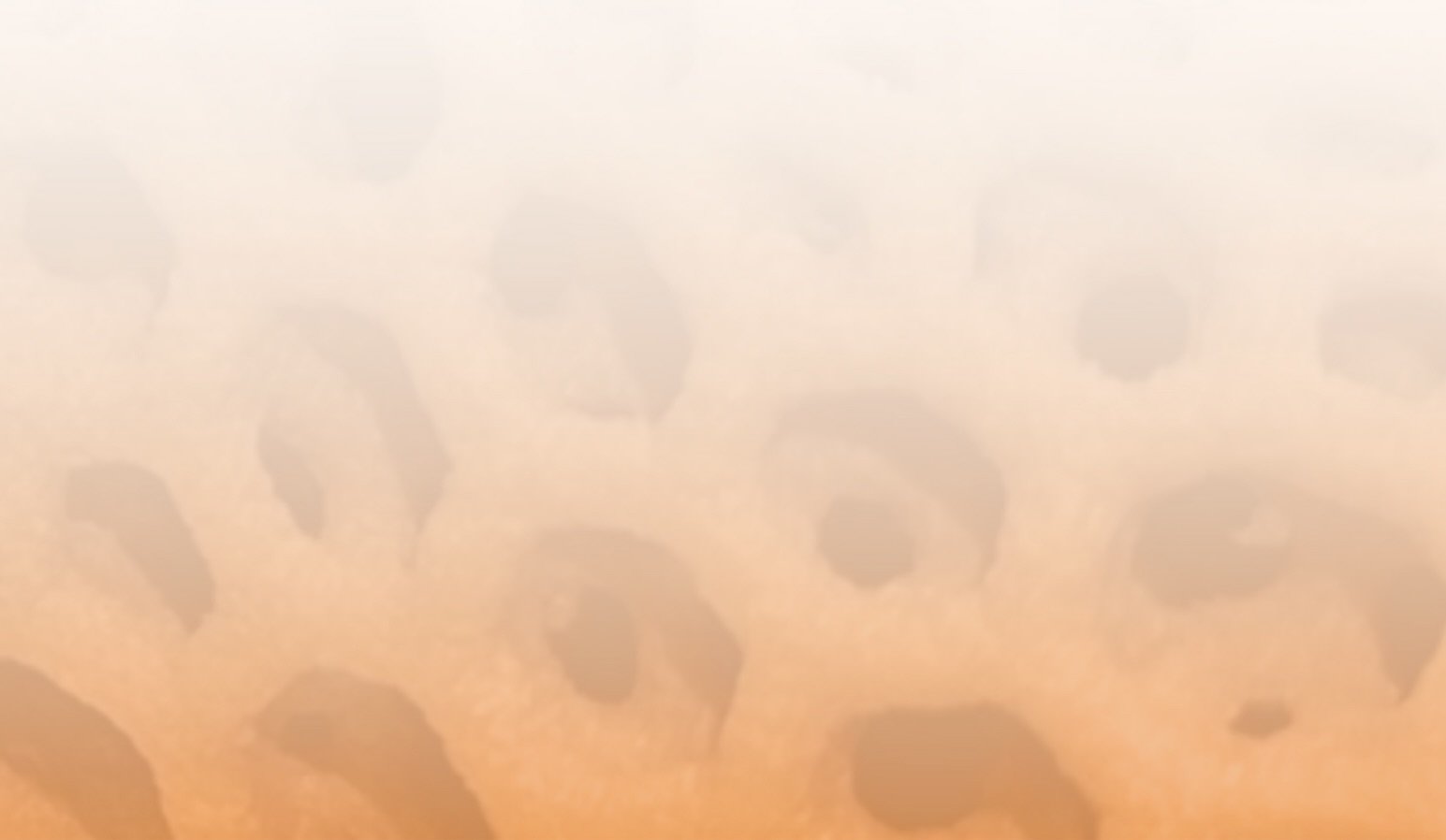
OsteofAB
A new era in orthopedic Implants
OPM’s OsteoFab® technology is the only polymeric medical device additive manufacturing platform with properties that include osseointegration, antibacterial & antiviral performance, bone-like mechanics, perfect fit, and radiolucency.
OSTEOFAB Explained
-

OsteoFab Patient-Specific CMF Devices
OsteoFab® Patient-Specific Cranial and Facial Devices replace bony voids in the cranial skeleton for oncology and trauma cases. Design of each patient-specific implant begins with the patient’s CT imaging data, then computer aided design is applied to determine the exact dimensions of each implant. The individual device is then manufactured via the OsteoFab® 3D printing laser sintering process.
Key advantages of the OsteoFab® CMF system:
Bone-like Mechanics
Patient Specific (perfect fit)
Radiolucent
Micro-textured Surface
Osseointegrative
Anti-bacterial Properties
OsteoFab CMF devices are exclusively distributed by Zimmer Biomet, worldwide.
-

OsteoFab Personalized Implants
The addition of OPM’s personalized OsteoFab device solutions is a natural progression for our 3D printed (3DP) PEKK technology, and follows a decade delivering over 4,500 patient-matched CMF devices.
OPM first introduced a series of personalized OsteoFab implants while working with surgeons in Ukraine treating complex, challenging war trauma cases. Segmental defect cases - resulting from sarcoma or trauma - are extremely complex and require both exacting design & manufacturing expertise. Increasingly, surgeons are recognizing the benefits of 3DP PEKK solutions vs. the industry’s traditional metal offerings. OsteoFab PEKK provides many beneficial properties, including bone-like mechanics, reduced stress shielding, the ability to support bone ongrowth, modifiability in the OR, radiolucency, and proven antibacterial & antiviral characteristics, all delivered through a non-corrosive/metal-free material and a superior cost model!
-

OsteoFab Contract Manufacturing
OPM’s engineering, regulatory and production teams provide the full range of contract manufacturing services, including design/development, regulatory support, manufacturing, and quality. We also offer management of all post-processing steps (machining, marking, labeling, packaging), both in-house and with highly-qualified third-party vendors.
-

OsteoFab Patient Specific Dental Arches
OPM’s OsteoFab technology provides both patient-specific and standard solutions. The set of unique selling propositions (USPs) for 3DP OsteoFab PEKK devices (bone-like mechanics, osseointegration, antibacterial properties, perfect fit, radiolucency) cover all of the bases in dental, and recent studies & publications strongly support the comparative benefits of PEKK for dental applications.
*Not FDA Cleared
Bone-Like Mechanics
3D printed via the OsteoFab process, OPM’s PEKK parts have performance characteristis most similar to bone when compared to PEEK and titanium. OsteoFab PEKK parts are “within measurement range” of cortical bone in each of the following:
Density
Tensile Strength
Elongation at Break
Compressive Strength

Bone Ongrowth
While manufacturing technologies are continuously improving the shape and mechanical performance of orthopedic implants, few solutions have been found for optimizing new bone growth and osseointegration without sacrificing device performance.
Multiple in-vivo studies have shown the osseointegration performance of 3DP OsteoFab PEKK to be in-line with the “gold standard” of titanium, with broadly-used PEEK exhibiting lack of bone ongrowth and formation of undesireable fibrous layers)*
*Machined PEKK also exceeds machined PEEK in bone apposition
AntiBacterial Properties
Studies have demonstrated significantly reduced bacterial colonization on PEKK compared to Titanium, UHMWPE, and PEEK. Further research has been conducted to uncover the mechanisms of action behind the OsteoFab® antibacterial properties. The mechanism has been identified as a combination of complex surface topography and surface energy similar to that of proteins know to have antibacterial properties: mucin, casein and lubricin.

osteofab rESEARCH
aNTIBACTERIAL pROPERTIES
Antibacterial Properties of PEKK for Orthopedic Applications, Wang et al.
Mechanical stability
PEKK’s tensile strength (yield) of 136 MPa and compressive strength of 207 MPa make it an ideal replacement for metals in many applications






